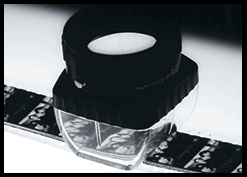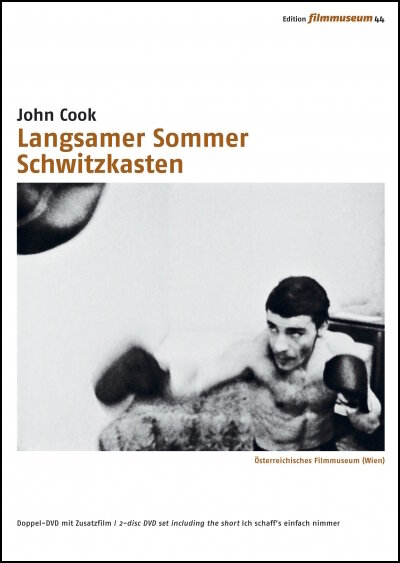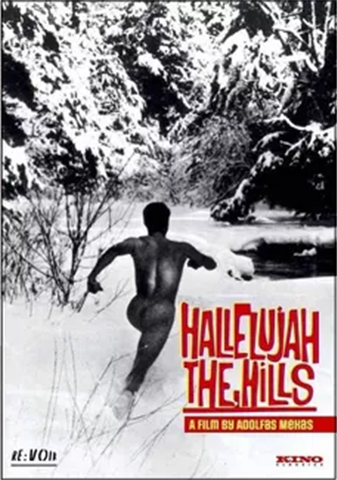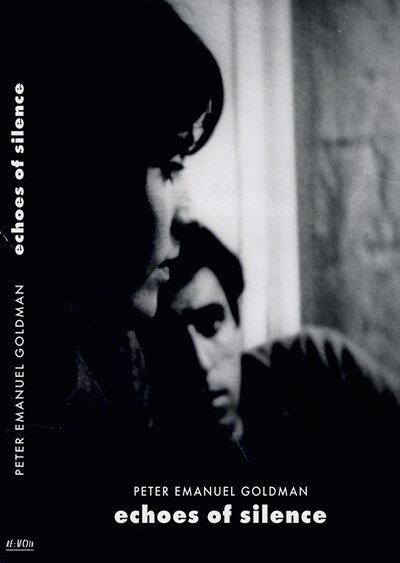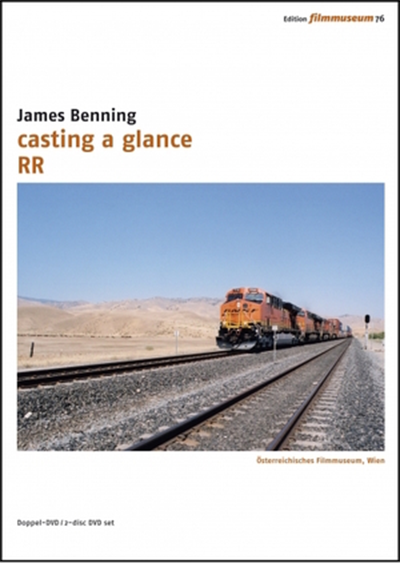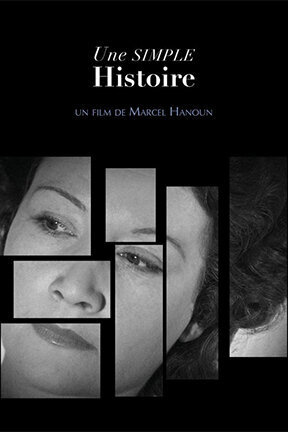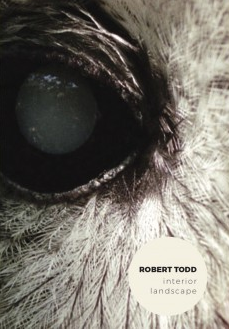GME Presents Urban America, Rural America: The Films of Dominic Angerame and J.L. Anderson
/Adding to our roster of city symphony films and filmmakers (MANHATTA; BERLIN: SYMPHONY OF A GREAT CITY; LISBOA, CRÓNICA ANEDÓTICA; and THE MAN WITH THE MOVIE CAMERA), we are pleased to present Dominic Angerame’s CITYSCAPES, an amalgam of his short films dating from 1982 to 2010. Mostly shot in San Francisco, these experimental works show urban deconstruction and cinematic construction as two sides of the same coin, as deconstruction even -- in which individual films are often replete with layered, multiple exposures and dynamic editing. In contrast, independent filmmaker Joseph Anderson’s little-known SPRING NIGHT SUMMER NIGHT (1967), is slow paced and spare, a rural family-centered drama shot in black-and-white.
Since the 1960s, Dominic Angerame - American filmmaker, theorist, and avant-garde activist (i.e., former director of Canyon Cinema) - has been practicing a film form that is both documentary and poetic. Angerame’s work searches for unfamiliar views of seemingly familiar things: cities, landscapes, faces, bodies. The filmmaker’s desire is to make everyday images unfamiliar, to learn to see them fresh and to estrange them from our senses. This filmmaker stylizes his urban landscapes into half-abstract, extremely painterly compositions; his films are often layered as collages through double and triple exposures.
The concrete world of the American infrastructure and its demise are made poetic in the expressionist documentary PREMONITION (1995), which shows the vacant San Francisco Embarcadero Freeway before its destruction. The intense interest in construction details are reminiscent of the austere architectural films of Heinz Emigholz. In an atmosphere of daylight and mystery, Angerame reveals the past encircled by the future. In CONTINUUM (1987), the world, the workers within this world and the labor of making the film itself are equated through montage and a brilliantly focused cinematic painterliness. This film brings the viewer closer to the science of the motion of society in its monumentality. Angerame depicts streets, buildings, the building of them and the workers and their tools with a constructivist method. According to Stan Brakhage, “...the images of CONTINUUM certainly haunt me. It was amazing to me how little evidence there was in the film of the time in which it was made, or even the location. I found myself tending to forget that these were City-chores, that this was rooftop work, so forth: just the labor, the continuity of labor, timeless, and ongoing, withOUT inexorable. Bravo.”
Italian neorealism meets the coal-mining country of southeast Ohio in SPRING NIGHT SUMMER NIGHT, a little-seen film emerging from the 1960s American independent cinema movement. Director Joseph L. Anderson, a film professor at the University of Ohio, utilized non-professional actors, on-location photography, a shoestring budget, and a passionate knowledge of international film to create what Richard Brody of The New Yorker calls a “tense, myth-drenched drama of liberation and retribution.”
Carl (Ted Heimerdinger) and Jessie (Larue Hall) are half siblings who feel trapped by the existential and economic pressures of living in the small mining town of Canaan, Ohio. Their shared rebellion soon takes on the form of an illicit love affair depicted in interwoven sequences of lusty poeticism and ethnographic vérité. When Jessie becomes pregnant, the tension between the couple’s youthful vitality and the dire realities of rural society leads to consequences both despairing and hopeful.
SPRING NIGHT SUMMER NIGHT premiered at the Pesaro Film Festival in 1967 alongside new works by Jean-Luc Godard, Joris Ivens, Jean-Marie Straub and Daniele Huillet, and Jonas Mekas. However, the film was bumped from its premiere slot at the 1968 New York Film Festival to make room for John Cassavetes’ FACES, which undoubtedly led to its loss of stature in the independent film world. The fate of SPRING NIGHT SUMMER NIGHT was further sealed when its original distributor insisted that it be re-cut as an exploitation film under the title MISS JESSICA IS PREGNANT. Fortunately, thanks to the accomplished restoration efforts of Peter Conheim and Ross Lipman -- along with the generous support of director Nicolas Winding Refn’s byNWR - the film was scanned in 4K resolution from the 35mm camera negative, and carefully reconstructed according to Joseph L. Anderson’s original vision. This digital edition encourages an historic reconsideration of this movie and the filmmaker, which includes 3 of J.L. Anderson’s short films as well as numerous other contextual extras about the production of the film and its legacy.
◊
A SCENE FROM SPRING NIGHT SUMMER NIGHT
RELATED FILMS OF INTEREST
Watch for Upcoming News about
Selections from Our Fall Releases Schedule

